Home>Gardening & Outdoor>Landscaping Ideas>How To Cultivate Oat Grass
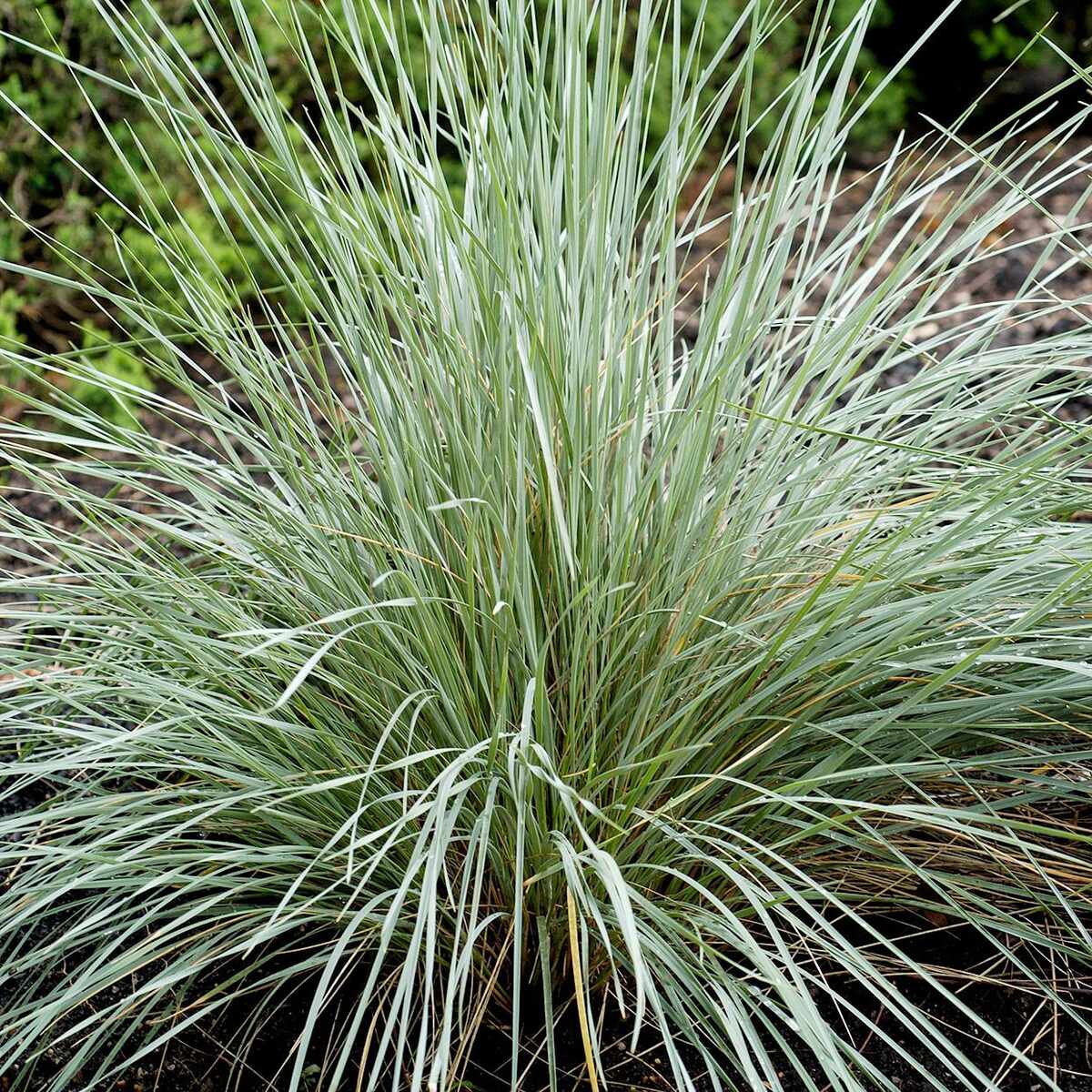

Landscaping Ideas
How To Cultivate Oat Grass
Published: January 30, 2024
Discover expert tips for cultivating oat grass in your landscaping. Learn how to create a lush and vibrant outdoor space with our landscaping ideas.
(Many of the links in this article redirect to a specific reviewed product. Your purchase of these products through affiliate links helps to generate commission for Storables.com, at no extra cost. Learn more)
Introduction
Are you looking to add a touch of green to your living space? Cultivating oat grass is a fantastic way to bring the outdoors inside. Oat grass, also known as cat grass, is not only visually appealing but also offers numerous health benefits for your furry friends. Whether you want to spruce up your home or provide a natural treat for your pets, growing oat grass is a rewarding and straightforward endeavor that anyone can enjoy.
In this comprehensive guide, we will walk you through the step-by-step process of cultivating oat grass, from selecting the right seeds to harvesting the lush, green blades. By the end of this journey, you will have the knowledge and confidence to nurture vibrant oat grass in your own home. So, roll up your sleeves and get ready to embark on a fulfilling gardening adventure!
Key Takeaways:
- Cultivating oat grass indoors is a rewarding and straightforward endeavor that enhances your living space and provides a natural treat for your pets, offering a fulfilling gardening adventure for anyone to enjoy.
- From selecting high-quality seeds to harvesting the lush blades, cultivating oat grass requires attention to detail and regular maintenance, resulting in a vibrant and thriving green space that brings joy to both you and your pets.
Read more: What Eats Red Oat Grass
Choosing the Right Seeds
When it comes to cultivating oat grass, selecting the right seeds is the first crucial step. Opting for high-quality, organic oat grass seeds ensures a successful and bountiful harvest. Look for seeds specifically labeled for oat grass or cat grass, as these are tailored to provide the best results for indoor cultivation.
Before making a purchase, consider the quantity of seeds you will need based on the size of the planting area. Oat grass seeds are typically available in various package sizes, so it’s essential to estimate the amount required to cover your chosen planting container adequately.
Furthermore, pay attention to the expiration date on the seed packet. Fresh seeds have a higher germination rate, increasing the likelihood of a thriving oat grass crop. Additionally, consider the reputation of the seed supplier or brand. Opting for a reputable source can provide assurance regarding the quality and viability of the seeds.
It’s worth noting that oat grass seeds are generally affordable and widely accessible, making it convenient to obtain them from local gardening stores, nurseries, or reputable online suppliers. By investing in premium seeds, you set the stage for a successful oat grass cultivation journey, ensuring a lush and vibrant indoor green space for you and your pets to enjoy.
Preparing the Soil
Creating the ideal growing medium is essential for nurturing healthy oat grass. Since oat grass is commonly grown indoors, the choice of soil or planting medium significantly impacts its growth and overall well-being. To prepare the soil for oat grass cultivation, consider the following steps:
- Choosing the Right Container: Select a shallow, wide container with drainage holes to allow excess water to escape. This could be a tray, pot, or any suitable vessel that accommodates the anticipated growth of the oat grass roots.
- Soil Selection: Opt for a well-draining, lightweight potting mix to provide the oat grass seeds with a conducive environment for germination and growth. A mix specifically formulated for indoor plants or seed starting is ideal, as it offers the necessary balance of moisture retention and aeration.
- Enhancing Drainage: Prior to adding the soil, place a thin layer of small rocks or pebbles at the bottom of the container to facilitate drainage. This helps prevent waterlogging, which can be detrimental to oat grass growth.
- Soil Preparation: Fill the container with the chosen potting mix, leaving some space at the top for planting the seeds. Lightly moisten the soil before sowing the seeds to provide initial moisture for germination.
By meticulously preparing the soil and selecting the appropriate container and planting medium, you establish a nurturing foundation for your oat grass to flourish. This attention to detail sets the stage for robust growth and ensures that your oat grass receives the optimal support throughout its cultivation journey.
Planting the Seeds
Now that you have your high-quality oat grass seeds and prepared soil, it’s time to embark on the exciting process of planting the seeds. Follow these steps to ensure a successful and thriving oat grass crop:
- Even Distribution: Sprinkle the oat grass seeds evenly over the prepared soil surface. Avoid overcrowding to allow ample space for each seed to germinate and grow without competition.
- Light Covering: Gently press the seeds into the soil to ensure good seed-to-soil contact, which aids in germination. Lightly cover the seeds with a thin layer of soil, approximately 1/4 inch deep.
- Moisture Management: After planting, lightly water the soil to provide initial moisture. Be cautious not to overwater, as excessive moisture can lead to seed rot. Maintain a consistent level of moisture in the soil throughout the germination and early growth stages.
- Optimal Temperature: Place the container in a warm, well-lit area, such as a sunny windowsill, where the seeds can receive ample light and warmth to support germination. Oat grass typically thrives in temperatures ranging from 60 to 75 degrees Fahrenheit.
- Germination Period: With proper care and maintenance, oat grass seeds typically germinate within 7 to 10 days. During this period, continue to monitor the moisture levels and provide adequate light to support healthy seedling growth.
By following these planting guidelines, you set the stage for successful germination and the emergence of vibrant oat grass. Your attentive care during the early stages of growth plays a pivotal role in establishing a robust foundation for the flourishing oat grass to come.
To cultivate oat grass, start by selecting a sunny location with well-draining soil. Plant the seeds about 1/4 inch deep and water regularly. Harvest when the grass reaches 6-8 inches tall for best flavor and nutrition.
Watering and Maintenance
Proper watering and regular maintenance are essential for nurturing healthy and vibrant oat grass. Follow these guidelines to ensure optimal care and maintenance throughout the growth cycle:
- Consistent Moisture: Oat grass thrives in consistently moist soil. Water the grass regularly, ensuring that the soil remains damp but not waterlogged. Avoid allowing the soil to dry out completely, as this can hinder the growth and health of the grass.
- Light Exposure: Place the oat grass container in a well-lit area, preferably receiving indirect sunlight. Rotate the container periodically to promote even growth and prevent the grass from leaning towards the light source.
- Temperature Considerations: Oat grass flourishes in moderate temperatures. Ensure that the growing area maintains a temperature range of 60 to 75 degrees Fahrenheit for optimal growth and health.
- Pruning and Trimming: As the oat grass grows, trim the blades periodically to maintain a tidy and healthy appearance. This also encourages new growth and prevents the grass from becoming too dense.
- Fertilization: Oat grass typically does not require additional fertilization when grown indoors. The nutrients present in the potting mix should be sufficient for healthy growth. However, if the grass shows signs of nutrient deficiency, consider using a diluted, balanced liquid fertilizer formulated for indoor plants.
- Pest Control: Monitor the oat grass for any signs of pests, such as aphids or mites. If pests are detected, gently wash the grass with a mild soap solution and rinse thoroughly to remove the pests without harming the plant.
By adhering to these watering and maintenance practices, you provide the necessary care and attention to ensure that your oat grass thrives and remains vibrant throughout its growth cycle. Your commitment to regular maintenance contributes to the overall health and visual appeal of the oat grass, creating a lush and inviting green space in your home.
Read more: How To Store Oat Flour
Harvesting Oat Grass
Harvesting oat grass is a gratifying culmination of your nurturing efforts, and it marks the transition from cultivation to utilization. Whether you’re growing oat grass for your pets or as a decorative element, the harvesting process is simple and rewarding. Follow these steps to harvest your oat grass:
- Timing: Oat grass is typically ready for harvesting when it reaches a height of 3 to 4 inches. At this stage, the grass is young, tender, and at its nutritional peak, making it ideal for consumption by pets or for use as a decorative accent.
- Trimming Technique: Using clean, sharp scissors or gardening shears, trim the oat grass blades just above the soil level. Ensure that the remaining grass stubble is left intact to support regrowth for subsequent harvests.
- Utilization: Harvested oat grass can be utilized in various ways. If grown for pets, place the freshly trimmed grass in a pet-accessible area, allowing your furry companions to indulge in this natural treat. Alternatively, if cultivated for decorative purposes, arrange the harvested grass in vases or containers to add a touch of greenery to your living space.
- Regrowth and Successive Harvests: Following the initial harvest, continue to provide proper care and maintenance to encourage regrowth. Oat grass has the remarkable ability to regenerate quickly, allowing for successive harvests over time. With consistent care, you can enjoy multiple harvests from a single planting, maximizing the benefits of your oat grass cultivation efforts.
By following these harvesting guidelines, you can savor the fruits of your labor and enjoy the lush, green rewards of your oat grass cultivation. Whether it’s delighting your pets with a natural treat or embellishing your home with verdant accents, the harvesting process marks the culmination of a fulfilling oat grass cultivation journey.
Conclusion
Congratulations on embarking on a rewarding journey to cultivate oat grass! By following the comprehensive steps outlined in this guide, you have gained valuable insights into the art of nurturing vibrant and healthy oat grass in your home. From selecting the finest seeds to harvesting the lush blades, you have acquired the knowledge and skills to create a flourishing green space that not only enhances your living environment but also provides a natural delight for your pets.
As you reflect on the cultivation process, remember that the successful growth of oat grass is a testament to your dedication and care. Your attentiveness to watering, maintenance, and harvesting has contributed to the vibrant and thriving oat grass that now graces your home. Whether it’s the joy of witnessing your pets revel in the fresh grass or the simple pleasure of adding a touch of greenery to your living space, the rewards of oat grass cultivation are both tangible and heartfelt.
As you continue to nurture your oat grass, take pride in the green oasis you have cultivated. Embrace the ongoing journey of caring for your oat grass, and relish the multiple harvests and the evergreen beauty it brings to your home. Your commitment to cultivating oat grass not only enriches your surroundings but also fosters a deeper connection to the natural world, reminding us of the simple joys found in tending to living things.
May your oat grass continue to thrive, bringing vitality and natural charm to your home. As you witness the lush blades sway and grow, may it serve as a testament to the nurturing spirit that resides within you. Your journey with oat grass cultivation is a testament to the beauty of nature and the fulfillment found in tending to its wonders.
So, as you bask in the verdant allure of your cultivated oat grass, remember that the journey of growth and nurturing extends beyond the blades themselves. It is a reflection of your own nurturing spirit and the joy found in fostering life and natural beauty within your home.
Frequently Asked Questions about How To Cultivate Oat Grass
Was this page helpful?
At Storables.com, we guarantee accurate and reliable information. Our content, validated by Expert Board Contributors, is crafted following stringent Editorial Policies. We're committed to providing you with well-researched, expert-backed insights for all your informational needs.
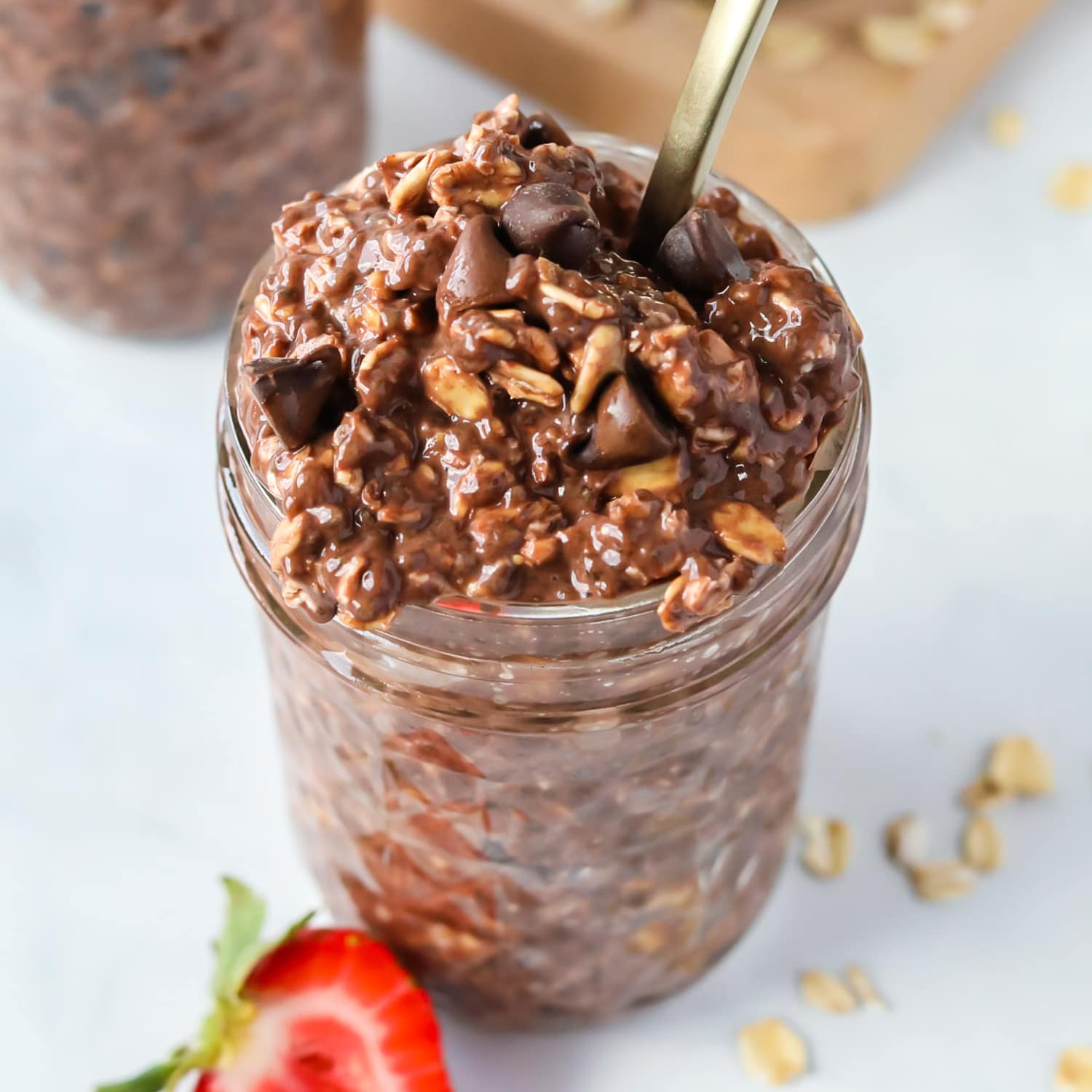
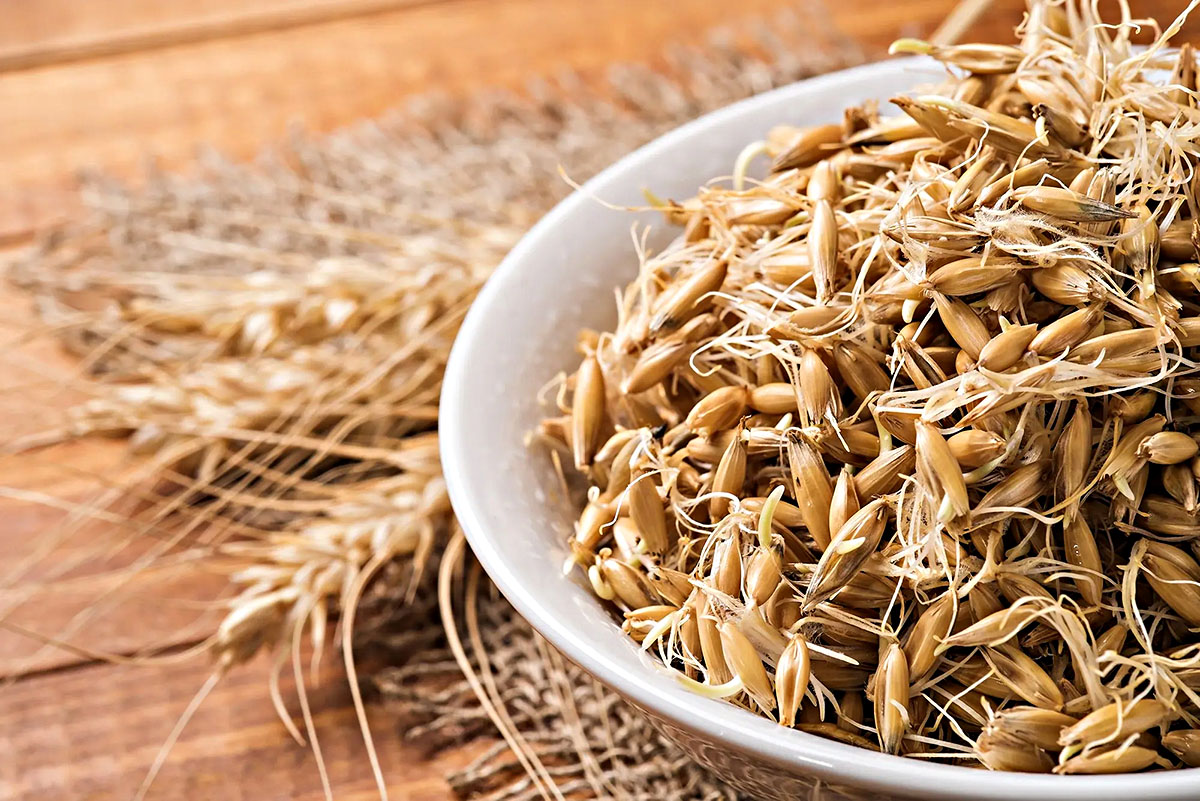
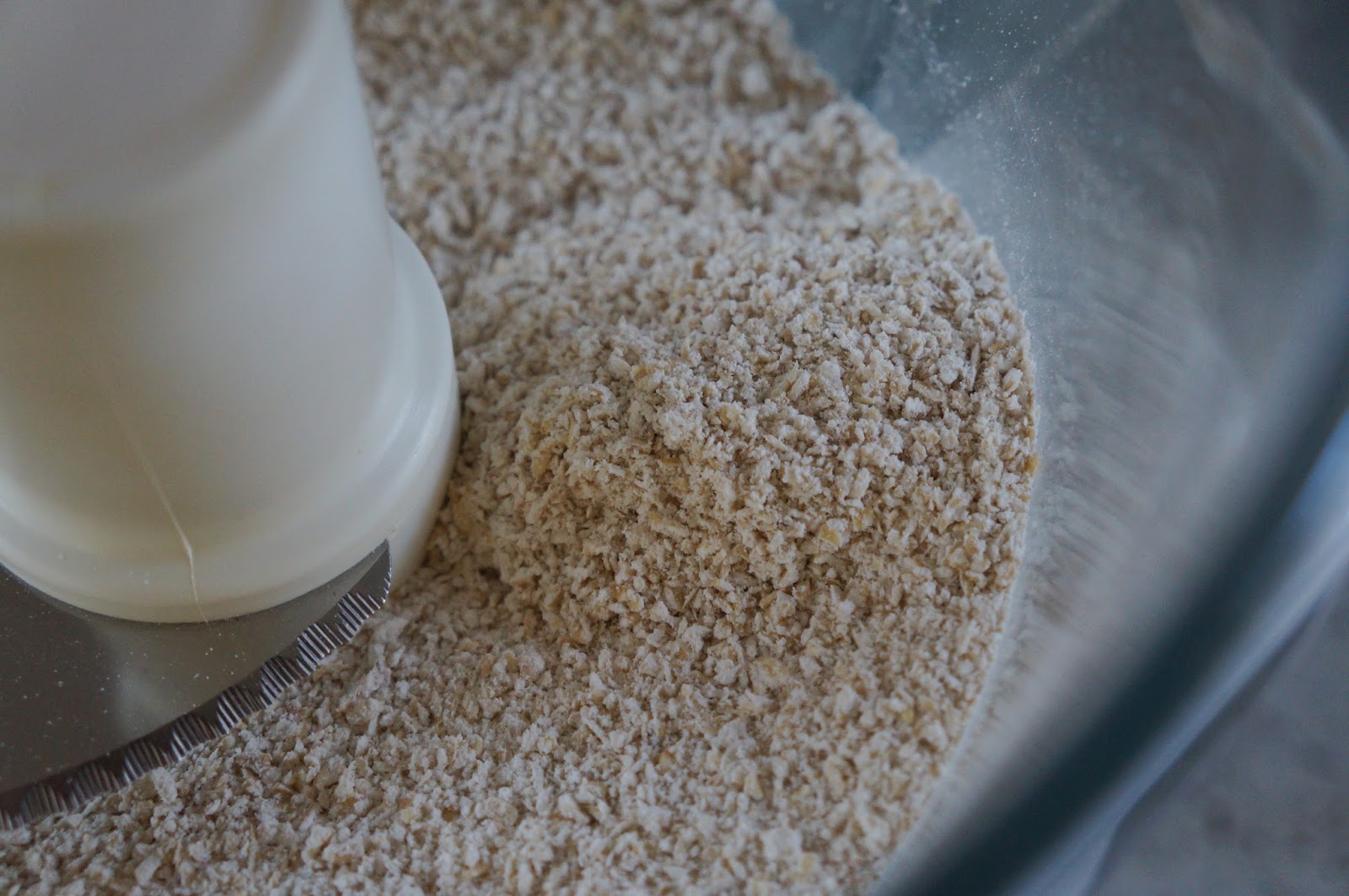
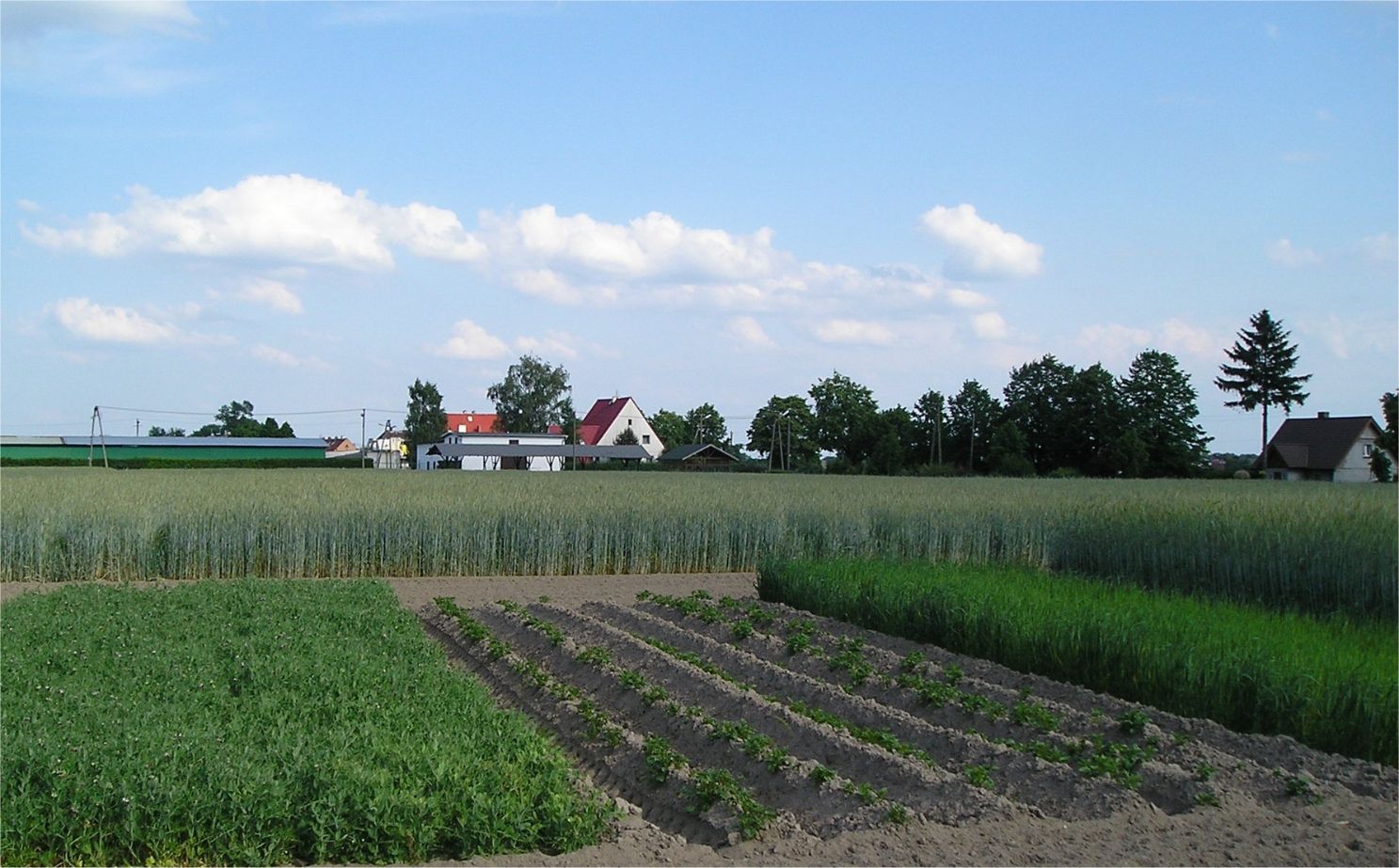
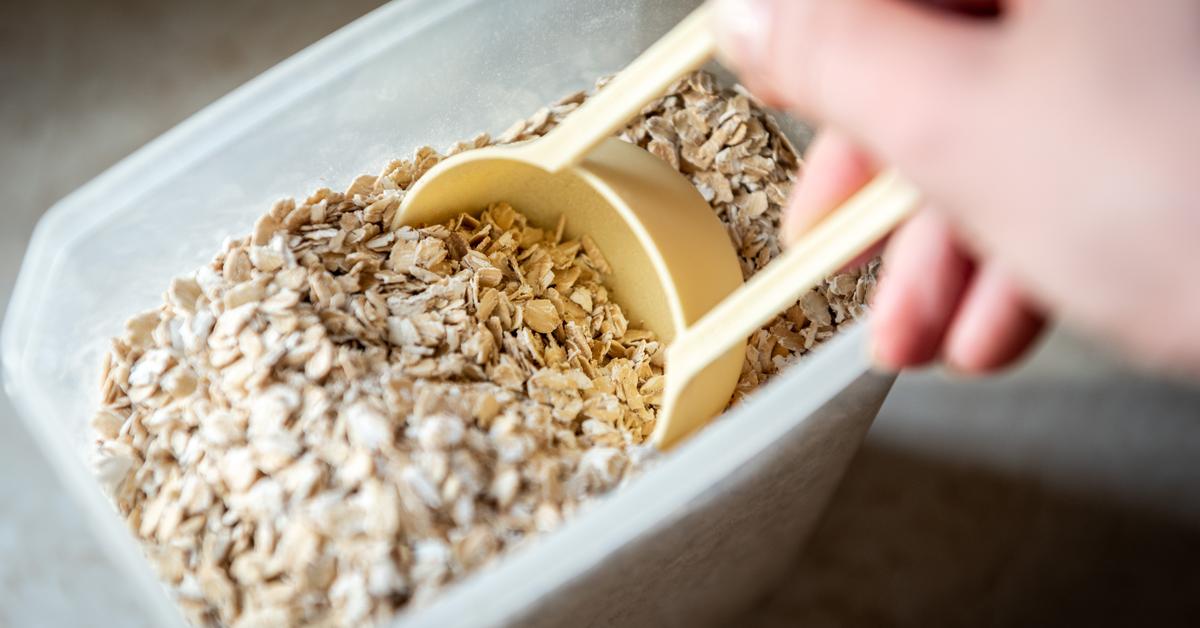
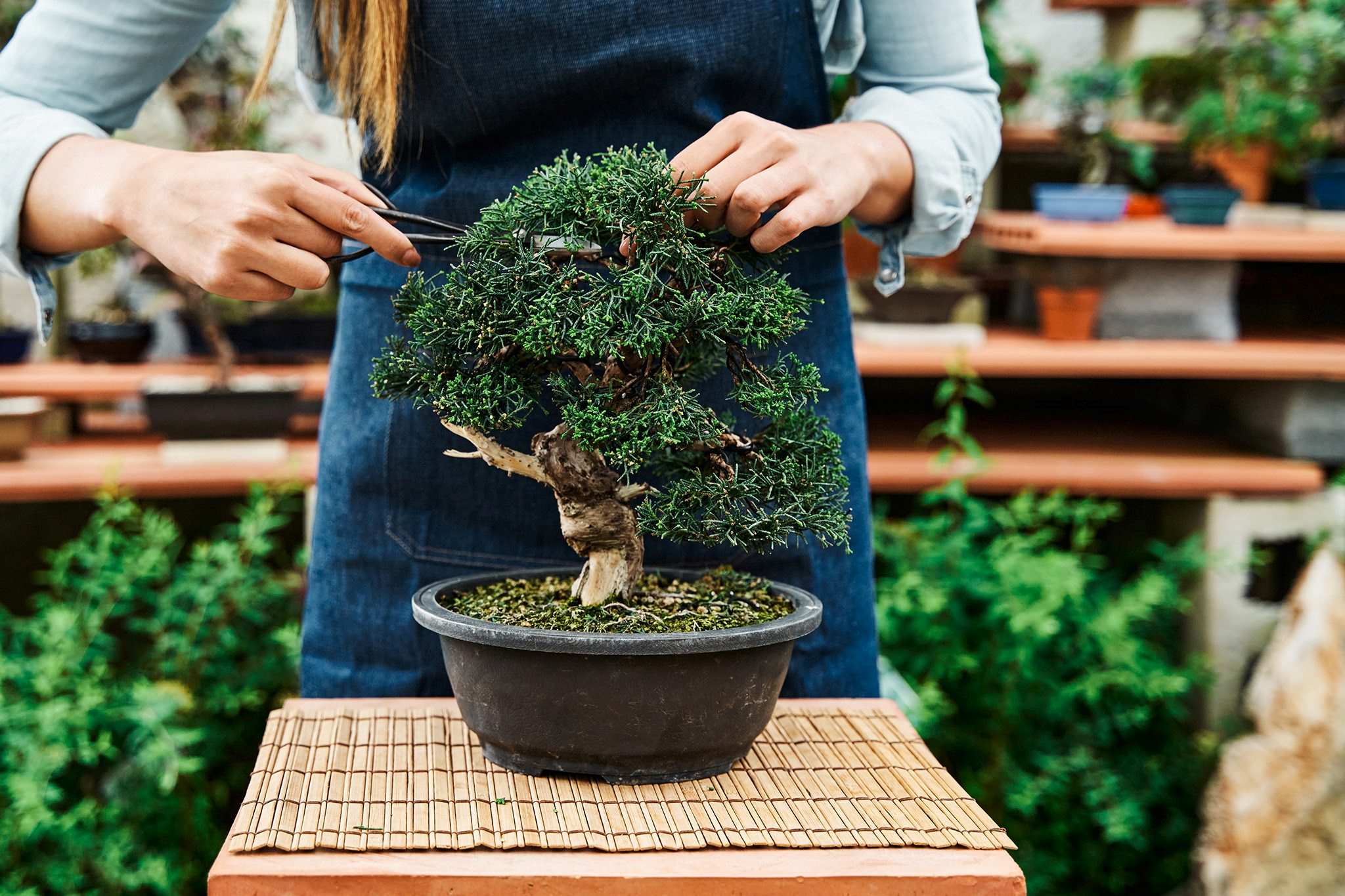
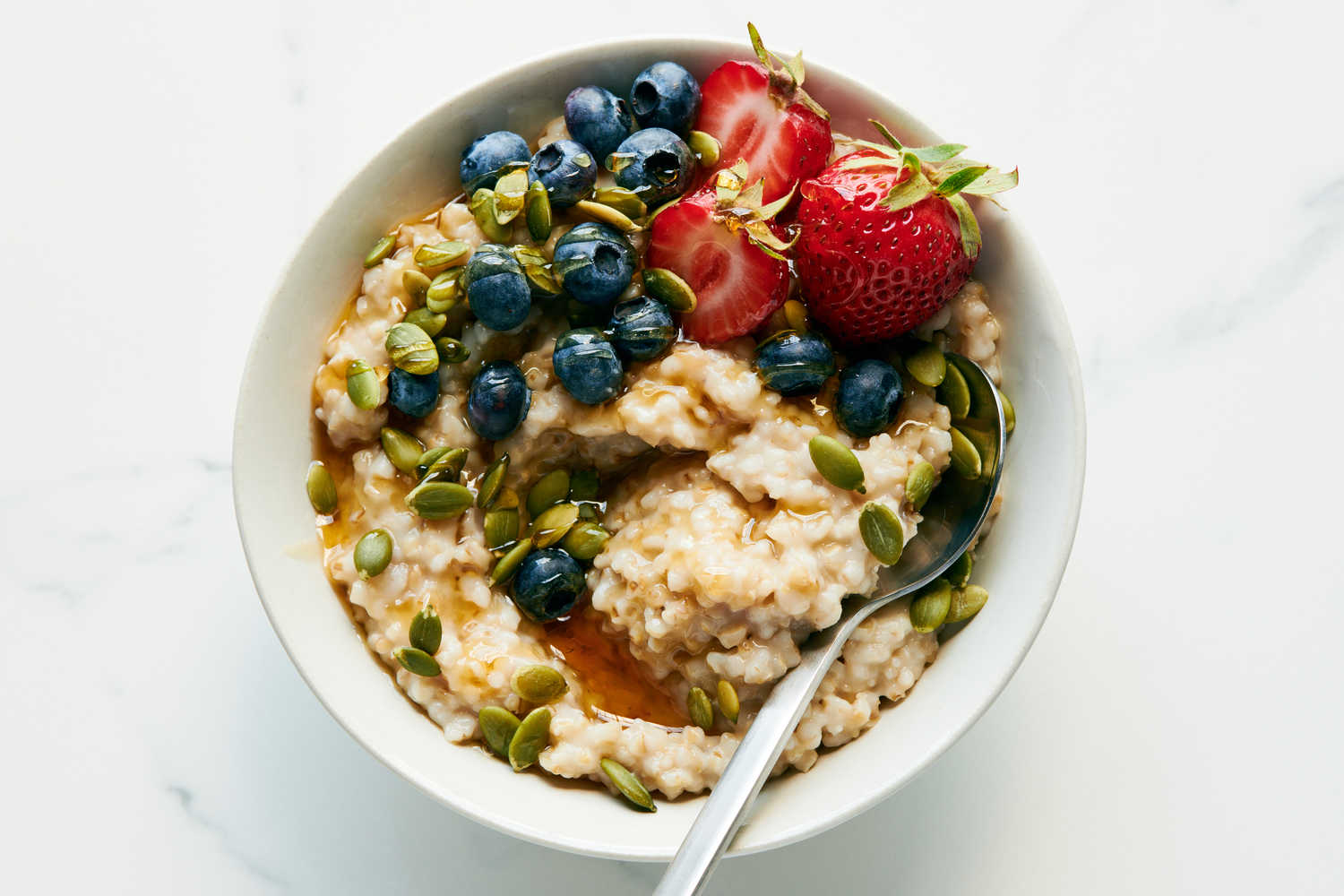
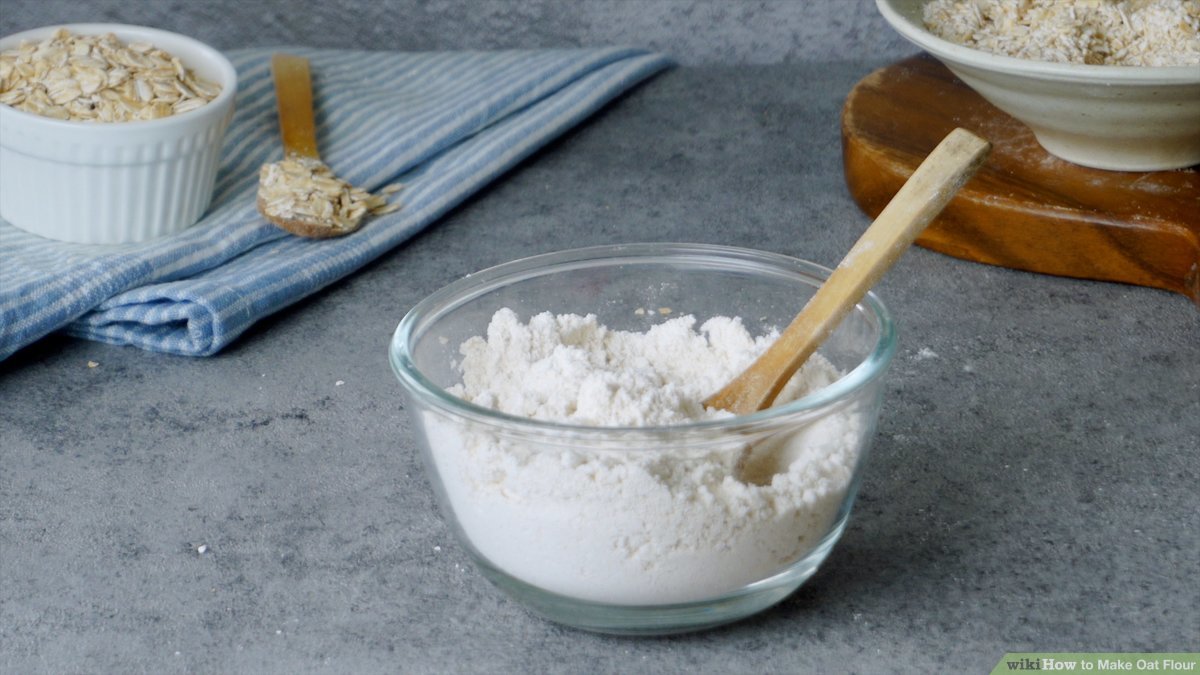
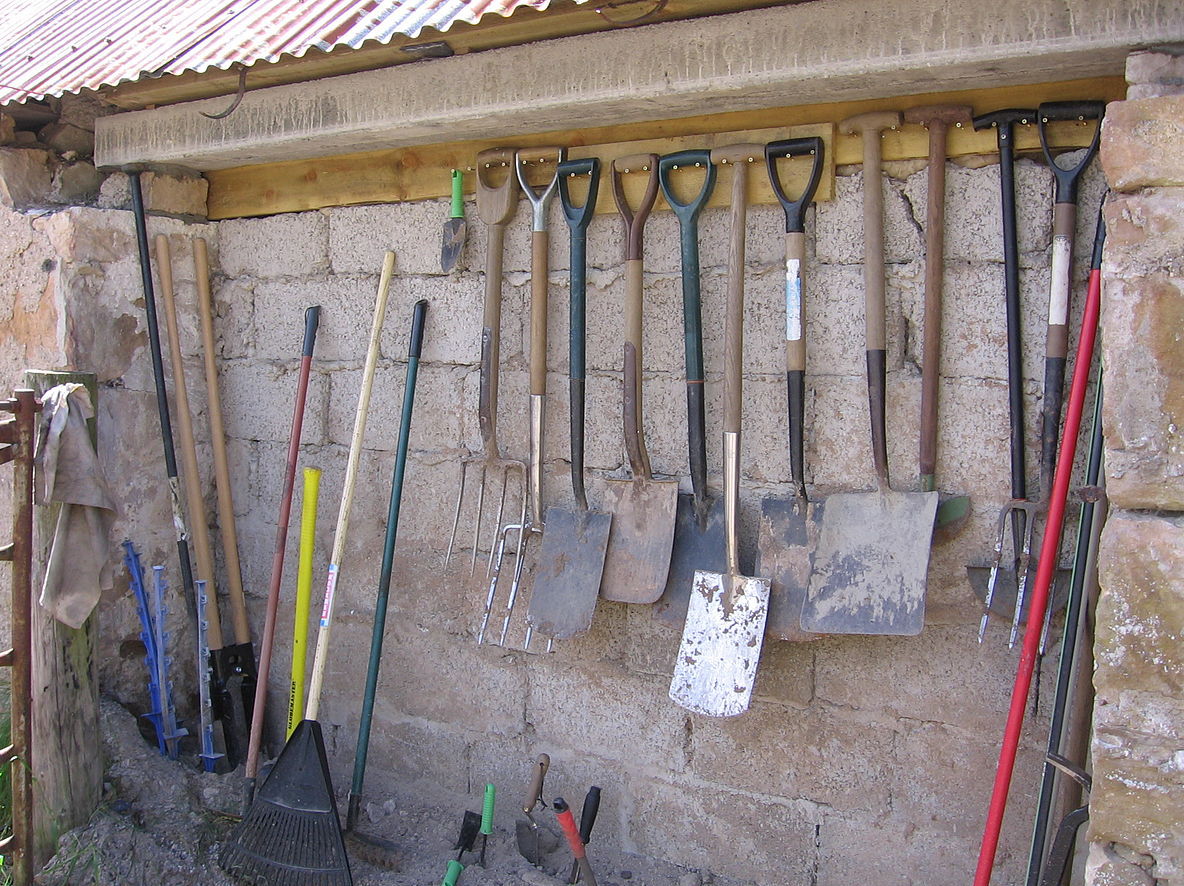
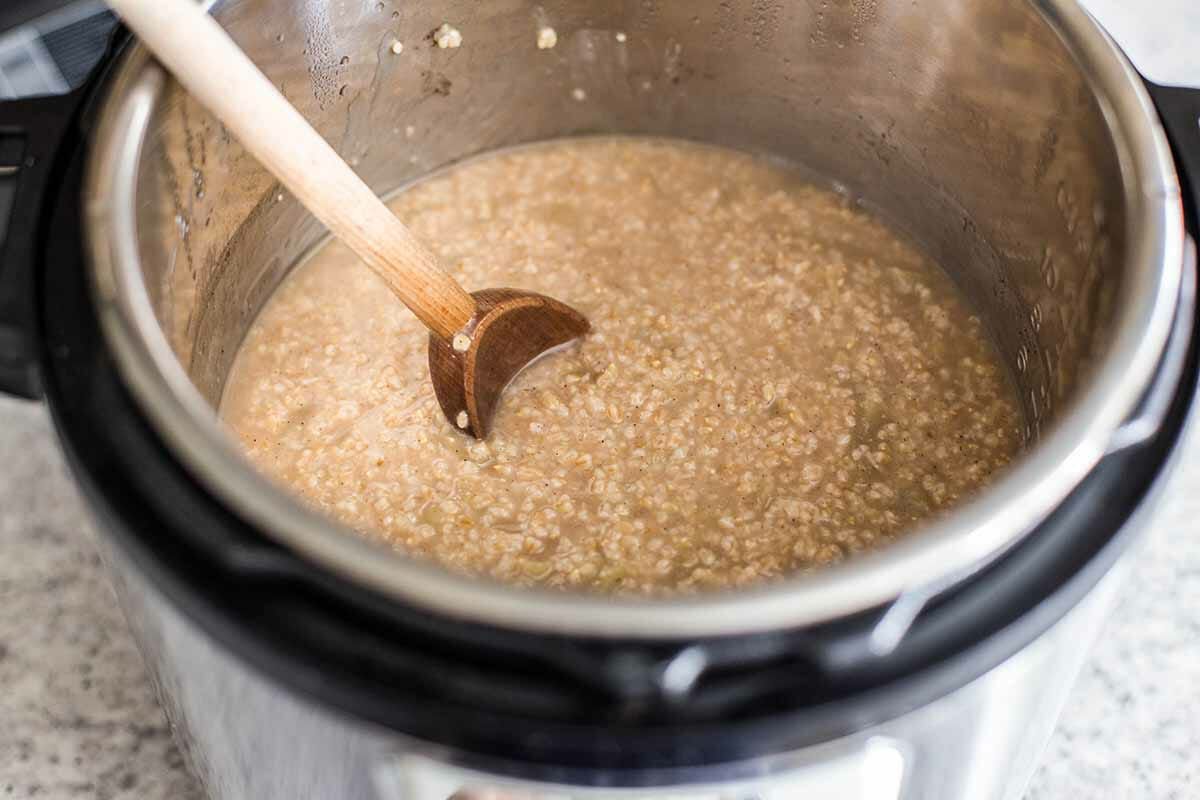
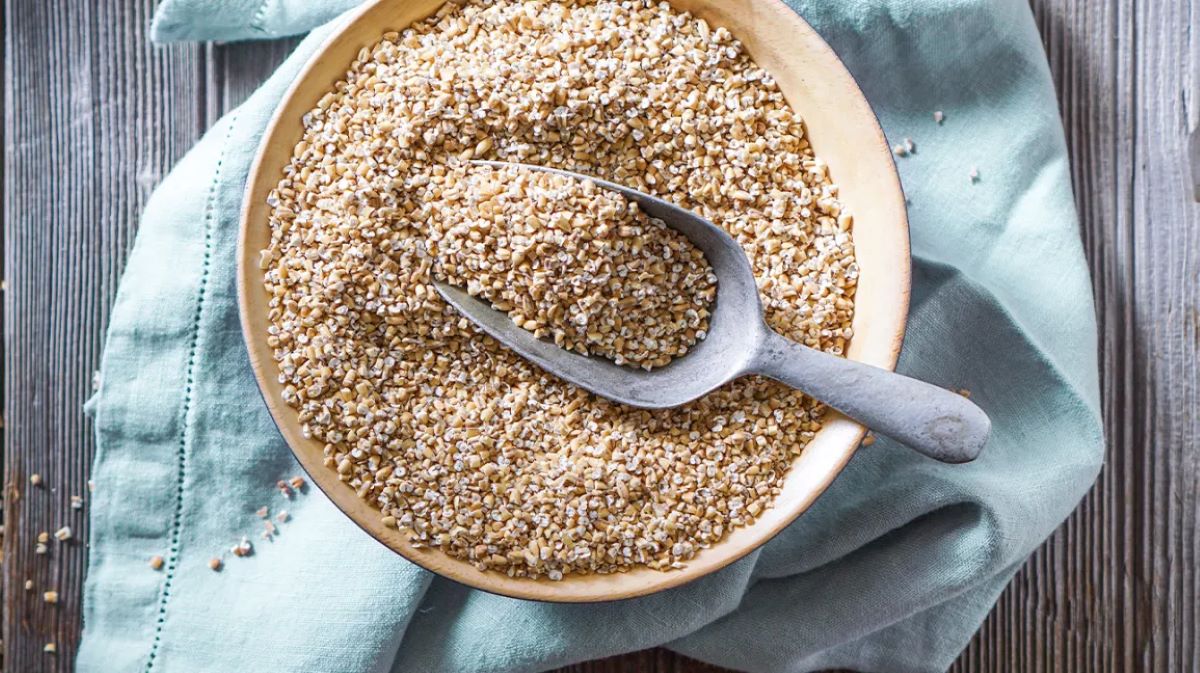
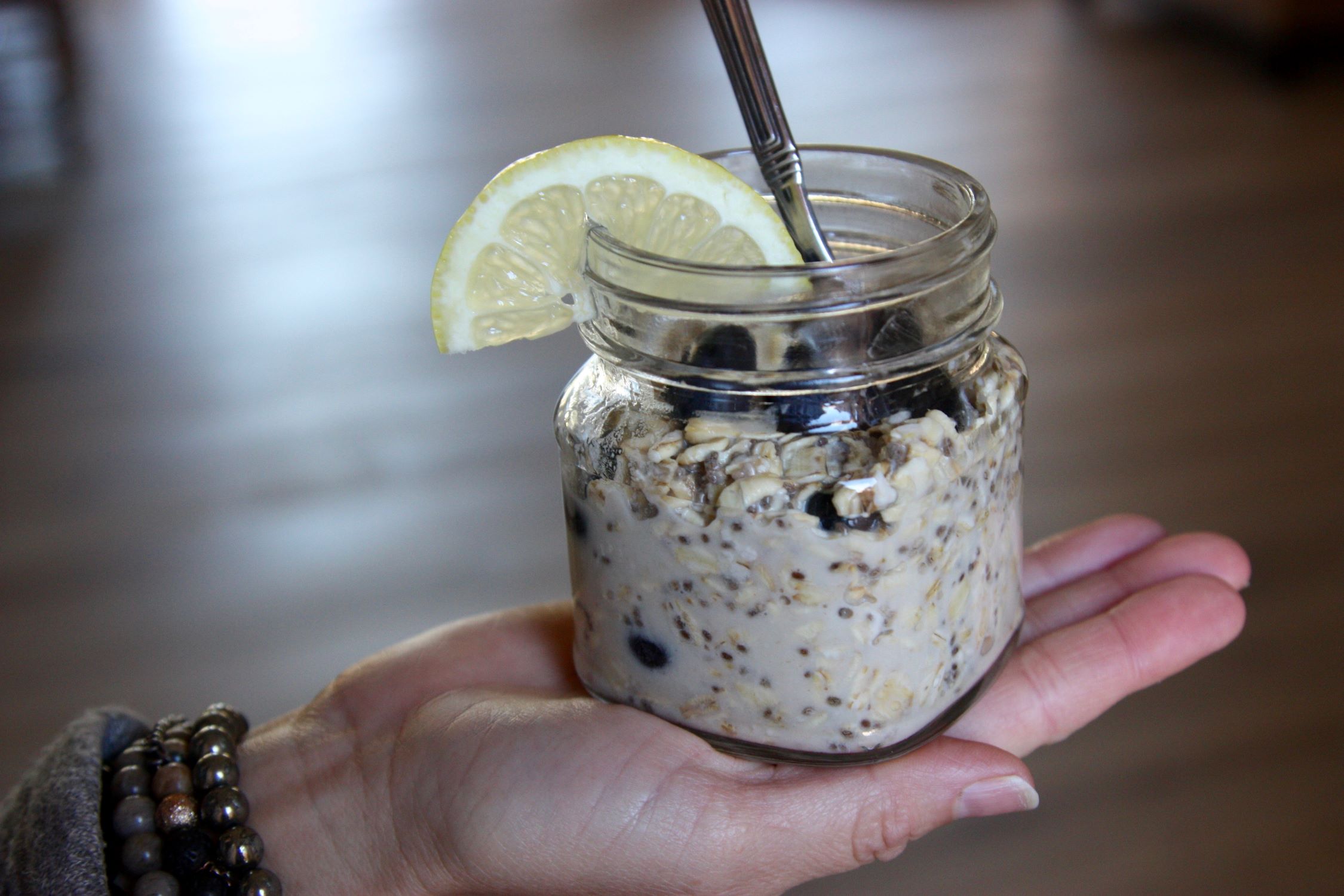

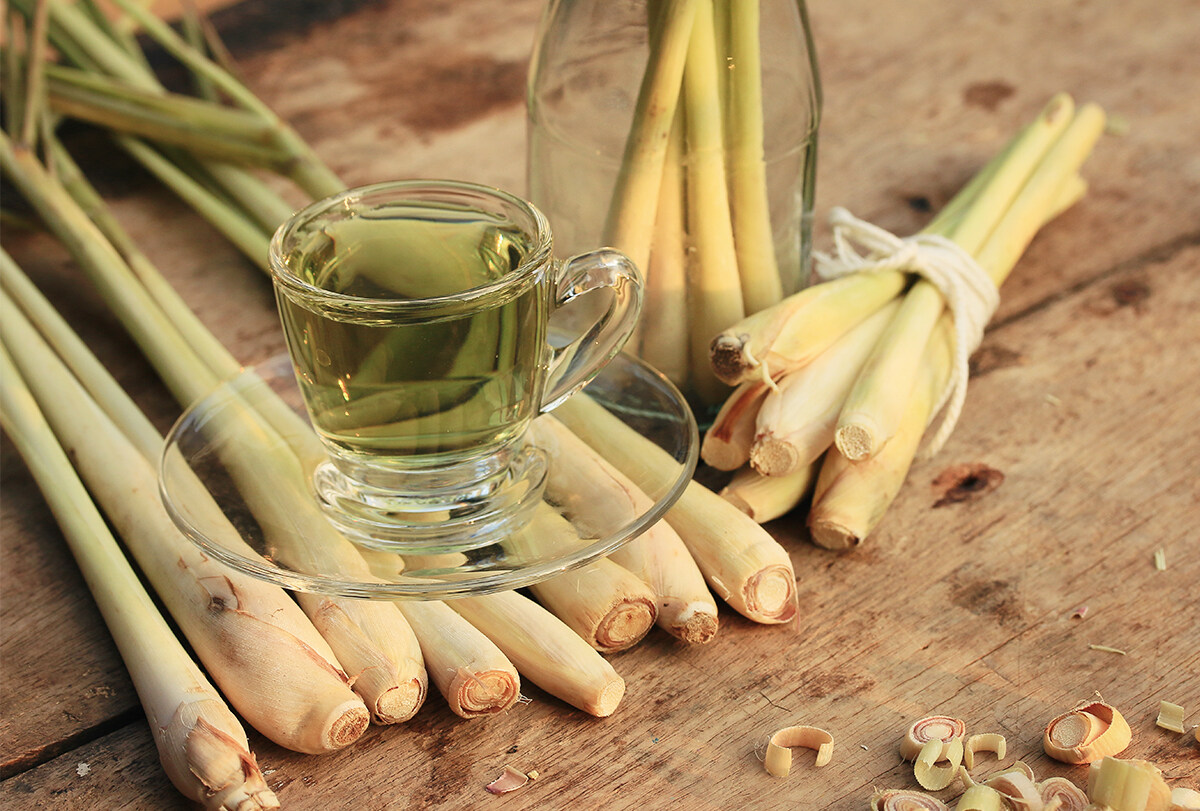

0 thoughts on “How To Cultivate Oat Grass”